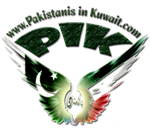World News

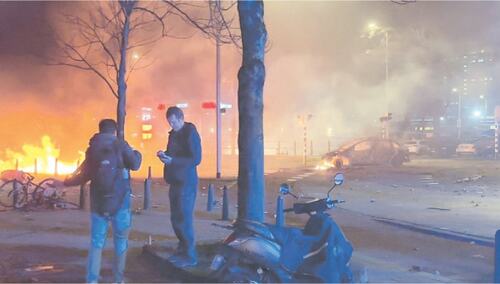
THE HAGUE: At least four police officers were injured in the early hours of Sunday when rival groups of Eritreans fought running battles in The Hague, torching police cars and hurling rocks.
Special police units fired tear gas at the rioters, who police said were pro- and anti-Eritrean government groups attending a meeting in The Hague.
“During the riots, stones, fireworks, and other items were thrown at police officers and the fire brigade. Several rioters had weapons to hit people with,” police said.
The rioters set two police cars and a tour bus ablaze. During the disturbances, two officers sustained injuries to their hand and another to her teeth. A fourth was hit by a police car in the chaos.
Far-right leader Geert Wilders posted images of riots with caption ‘arrest and deport’
“Out of nowhere, our colleagues were confronted with very intense and serious violence,” said police commander Marielle van Vulpen. Police made several arrests and have called for witnesses and video footage, as they investigate the riots.
“The violence used against police officers and equipment is appalling and unacceptable,” said the city’s mayor Jan van Zanen.
Anti-immigration far-right leader Geert Wilders posted social media images of the riots with a caption in capital letters: “Arrest and Deport”.
He then wrote on X, formerly Twitter: “The Netherlands has really had it up to here with this.” “Why is half the world allowed to come here to tear down our country, fight amongst themselves, throw stones at the police and set their cars on fire?” “I want to become the prime minister who finally brings some order to this,” added Wilders, who won elections in November but is struggling to form a coalition government.
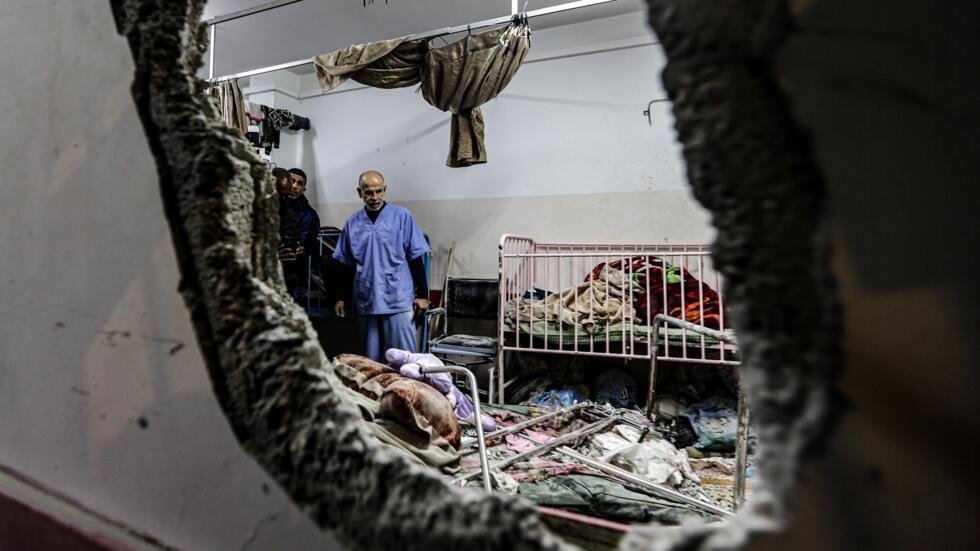
Emergency room physician Tarek Loubani, who has previously worked in Gaza hospitals, says medical services in Gaza have been already at “catastrophic levels”, even before Nasser Hospital went out of commission, as confirmed by the World Health Organisation.
“This particular statement [from WHO] says two things. One that the patients, the doctors, the staff, and the refugees inside […] are in deep danger of being arrested, tortured and killed. Second, there is one less hospital, one valuable hospital that used to be able to serve patients, that is no longer able to serve patients,” Loubani, associate professor at the University of Western Ontario, told Al Jazeera.
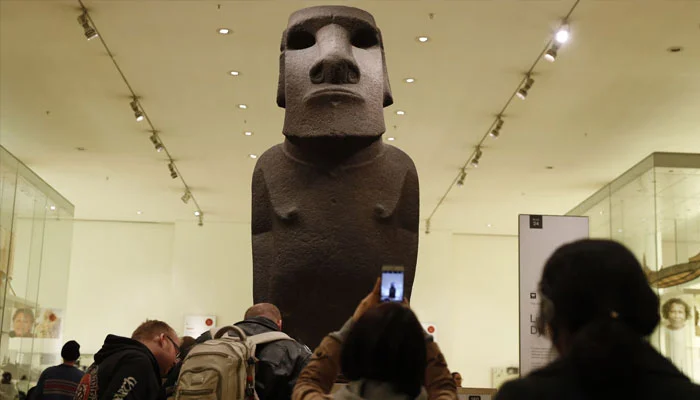
he British Museum is contending with a wave of social media activism from Chile as users inundate its Instagram, calling for the repatriation of a moai statue from Easter Island, The Guardian reported.
The museum houses two moai removed from Rapa Nui in 1868, sparking persistent demands for their return to Chilean territory. Chilean influencer Mike Milfort's campaign prompted the closure of comments on the museum's Instagram initially, drawing attention to the issue globally.
Despite criticism and concerns from Rapa Nui Mayor Pedro Edmunds Pao, the campaign reached Chilean President Gabriel Boric, showcasing the growing momentum.
The British Museum responded to trolling by deactivating comments on some posts, citing safeguarding considerations. Mayor Pedro Edmunds Pao emphasises the cultural importance of the Hoa Hakananai'a, urging recognition and the statue's return as a symbol of peace.
Rapa Nui, located 2,300 miles west of mainland Chile, has a unique Polynesian identity and desires greater autonomy from Chile. The island, home to over 1,000 moai statues, issued a request for the return of the two moai in 2018. While a reciprocal visit occurred, a subsequent letter to King Charles from the elders' council seeking the return remains unanswered.
Mayor Edmunds Pao stresses the need to establish the rightful ownership of the Hoa Hakananai'a, proposing it could serve as Rapa Nui's ambassador if returned.
The controversy underscores the complex intersection of cultural heritage, international relations, and social media activism, forcing institutions like the British Museum to navigate the demands for repatriation in the digital age.
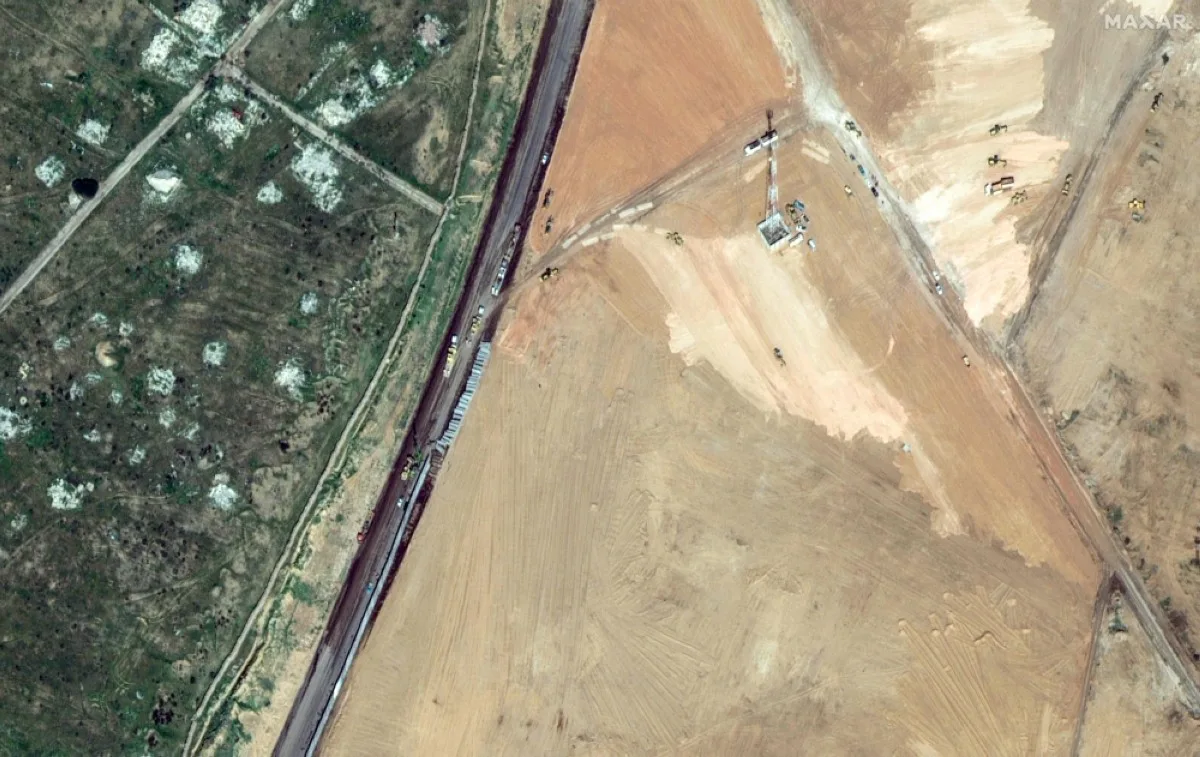
GENEVA: An exodus of Gazans into Egypt must be “avoided at all costs”, and could be the “nail in the coffin” of a future peace process, the UN refugees chief said Friday. Nearly 1.5 million displaced Palestinians — more than half of Gaza’s population — are trapped in Rafah, seeking shelter in a sprawling makeshift encampment near the Egyptian border.
“The position of Egypt has been very clear. People should not go across the border. I think Egypt has very valid reasons,” Filippo Grandi told BBC television from the Munich Security Conference. “It would be catastrophic for Palestinians... to be displaced again. It would be catastrophic for Egypt from all points of view, and more important than anything else, a further refugee crisis would be almost the nail in the coffin of a future peace process already.”
Like many observers, the United Nations high commissioner for refugees believes that once Palestinians leave Gaza they will no longer be able to return — as happened in 1948 — something which would ruin the possibility of a two-state solution between the Zionist entity and the Palestinians. The war accompanying the creation of the Zionist entity in 1948 saw 760,000 Palestinians flee or forced from their homes. Millions of their descendants continue to live as refugees in neighboring countries.
“The old 1948 refugee crisis is an unresolved problem; if you add a dimension to that, you can say goodbye to a meaningful peace process,” said Grandi. “It has to be avoided at all costs.” Pressure has grown on Egypt to open its border to Palestinian civilians, as the Zionist entity plans to push ahead with a military operation in Rafah, seeking complete victory over Hamas. Grandi said his Geneva-based UNHCR agency was not involved in any preparations that Egypt might be making for if people cross the border.
But in any case, a Gazan refugee surge into Egypt “needs to be avoided and it can only be avoided if humanitarian aid can enter Gaza in significant quantities — but more important, if hostilities cease”, he said. Grandi said the plight of displaced people in Rafah was “absolutely dramatic”. “So I hope that the appeals by the entire international community for a ceasefire and access of humanitarian aid and the liberation of hostages are heeded by the parties; by (the Zionist entity), by Hamas.”
A US media report and an Egyptian human rights monitor said on Friday Egypt is constructing a walled camp in the Sinai Peninsula to receive displaced Palestinian civilians from the Gaza Strip. But the Zionist entity claimed it had no plans to move civilians there, as it prepares an offensive in Rafah.
The Wall Street Journal said an eight-square-mile (21-sq-km) “walled enclosure” was under construction on the Egyptian side of the border. The compound was part of “contingency plans” if ceasefire talks in Cairo failed and could accommodate more than 100,000 people, it added. The Sinai Foundation for Human Rights, an Egyptian NGO, released a report this week that it said showed construction of the compound to receive Palestinian refugees “in the case of a mass exodus”.
AFP reviewed satellite pictures taken on Thursday of the area in northern Sinai, showing machinery building a wall along the Egypt-Gaza border. The area is highly secure and closed to journalists. A comparison of satellite photos taken on Feb 10 and Feb 15 shows land having been graded. North Sinai governor Mohamed Shousha has denied Egypt is preparing “an isolated area in Sinai” to receive refugees. The construction work was to assess houses destroyed during upheaval in recent years to “properly compensate” owners, he said Thursday.
The Sinai Foundation for Human Rights said two contractors told it construction firms had been tasked with building the gated area, “surrounded by seven-metre-high walls”. The site lies on the “rubble” of Egyptian homes “demolished” during the state’s war against Islamist insurgents in northern Sinai over the past decade, it said.
Sources in Sinai told AFP the area was being prepared in case of a breach of the Gaza border, which Egypt has fortified with additional walls and buffer zones since the Zionist entity’s war with Hamas began. “The area will be readied with tents” and humanitarian assistance would be delivered inside, said one source who spoke on condition of anonymity.
Egypt, which controls the Rafah border crossing from Gaza, has repeatedly warned against any “forced displacement” of Palestinians from Gaza into the Sinai desert. President Abdel Fattah Al-Sisi has said if that happened it could jeopardize the peace treaty Egypt signed with the Zionist entity in 1979.
The Zionist military is facing growing calls not to go into Rafah, because of fears it could lead to heavy civilian casualties and worsen an acute humanitarian crisis. In Tel Aviv on Friday, Defense Minister Yoav Gallant said the Zionist entity had “no intention of evacuating Palestinian civilians to Egypt”. “We respect and value our peace agreement with Egypt, which is a cornerstone of stability in the region as well as an important partner,” he added.
Of military action in Rafah, Gallant said: “We are thoroughly planning future operations in Rafah, which is a significant Hamas stronghold.” He claimed operations would not target civilians, who are facing “unprecedented” levels of “near famine-like conditions”, according to the UN Food and Agriculture Organization. – AFP
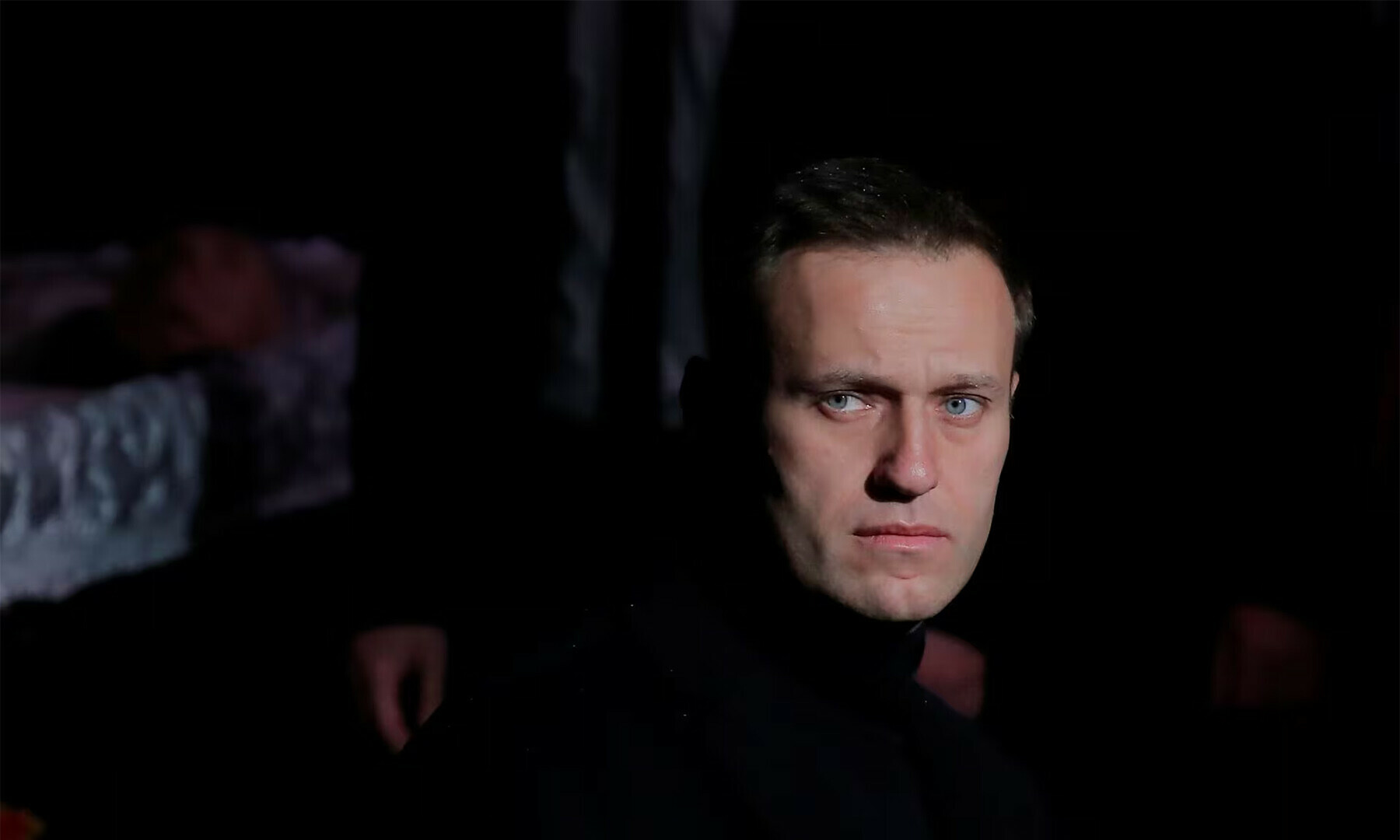
Alexei Navalny, Russia’s most prominent opposition leader, died on Friday after collapsing and losing consciousness at the penal colony north of the Arctic Circle where he was serving a long jail term, the Russian prison service said.
Opposition leader
Navalny, 47, became the leading figure among Russia’s splintered opposition.
Supporters cast him as a Russian version of South Africa’s Nelson Mandela who would one day be freed from jail to lead the country. He earned admiration from many in Russian opposition circles for voluntarily returning to Russia in 2021 from Germany, where he underwent treatment for what Western laboratory tests showed was an attempt to poison him with a nerve agent in Siberia.
Rise to prominence
A former lawyer, Navalny rose to prominence with blogs which exposed what he said was vast corruption across the Russian elite, describing Russia as ruled by “crooks and thieves”.
He participated in Russian nationalist marches in the 2000s. Calls for restrictions on immigration and criticism over what some viewed as his overly nationalist views prompted his expulsion from the liberal Yabloko opposition party in 2007.
He lampooned President Vladimir Putin’s elite and exposed some of the opulence of the lifestyles of senior officials, using the internet and even drones to illustrate what he described as their vast holdings and luxury property.
When demonstrations against Putin flared in December 2011, after an election tainted by fraud accusations, he was one of the first protest leaders arrested.
Navalny long forecast Russia could face seismic political turmoil, including revolution, because he said Putin had built a brittle system of personal rule reliant on sycophancy and corruption.
What does the Kremlin say?
The Kremlin said Putin had been informed of his death.
The Kremlin dismissed Navalny’s allegations of vast corruption and Putin’s personal wealth. Navalny’s movement is outlawed and most of his senior allies have fled Russia and now live in Europe.
Russian officials cast Navalny as an extremist who was a puppet of the US CIA intelligence agency which they say is intent on trying to sow the seeds of revolution to weaken Russia and make it a client state of the West.
Navalny was detained countless times for organising public rallies, and prosecuted repeatedly on charges including corruption, embezzlement and fraud. He said the accusations and convictions were politically motivated.
Navalny had an extra 19 years in a maximum security penal colony added to his jail term in 2023 in a criminal case that he said was designed to cow the Russian people into political submission.
Poisoning
In August 2020, Navalny fell ill on a flight from Tomsk, in Siberia, to Moscow. The pilot made an emergency landing, saving his life, and Navalny was flown to Berlin, where he was treated for the effects of a neurotoxin that German military tests showed to be Novichok, a poison developed in the Soviet Union.
Putin dismissed a joint media investigation that said it had identified a team of assassins from Russia’s FSB security service. “If someone had wanted to poison him, they would have finished him off,” he said.
Family
Navalny’s wife is Yulia. Their daughter is called Darya, and their son is called Zakhar.
Key Navalny quotes
On the Ukraine war
“This is a stupid war which your Putin started,” Navalny told an appeal court in Moscow via video link from a corrective penal colony in 2022. “This war was built on lies.”
“One madman has got his claws into Ukraine and I do not know what he wants to do with it - this crazy thief.”
On Putin:
“Corruption is the foundation of contemporary Russia, it is the foundation of Mr Putin’s political power,” Navalny told Reuters in an interview in 2011.
On Russia
“Once the great Russian writer Leo Tolstoy described the structure of power in Russia: ‘the villains who robbed their own people got together, recruited soldiers and judges to guard their orgy, and now they’re having a feast’. This brilliant phrase precisely describes what is happing in our country.”
In 2023, he admonished the Russian elite for its venality, expressing hatred for those who he said squandered a historic opportunity to reform after the 1991 fall of the Soviet Union.
He dissected Russia’s post-Soviet history, including the legacies of the most powerful figures of the 1990s who became known as the reformers who sought to lay the foundations of capitalism and the oligarchs who won fabulous fortunes.
“I can’t stop myself from fiercely, wildly hating those who sold, pissed away, and squandered the historical chance that our country had in the early nineties,” Navalny said.
On fear and ambition
“Why should I be afraid?” he said in 2011 when asked about the dangers of challenging the Kremlin.
When asked by Reuters about his ambition, he winced but said: “I would like to be president, but there are no elections in Russia.”
On death:
“If they decide to kill me then it means we are incredibly strong and we need to use that power and not give up,” he once told CNN. “We don’t realise how strong we actually are.”
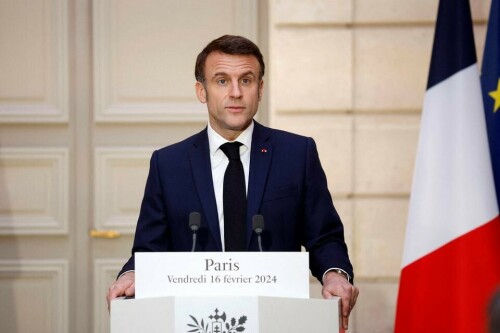
The recognition of a Palestinian state is no longer a taboo for France, President Emmanuel Macron has said, suggesting Paris could make the decision if efforts for a two-state solution stalled because of Israeli opposition, Reuters reports.
A unilateral French recognition would do little to change the situation on the ground without true negotiations, but would weigh symbolically and diplomatically.
Israeli Prime Minister Benjamin Netanyahu has voiced opposition to Palestinian sovereignty, saying he will not compromise on full Israeli security control west of Jordan and that this stands contrary to a Palestinian state.
Macron’s comments were the first time a French leader had made such a suggestion and highlighted further impatience among Western leaders as casualties mount in Gaza.
“Our partners in the region, notably Jordan, are working on it, we are working on it with them. We are ready to contribute to it, in Europe and in the Security Council. The recognition of a Palestinian state is not a taboo for France,” Macron said alongside Jordan’s King Abdullah II in Paris.
“We owe it to the Palestinians, whose aspirations have been trampled on for too long. We owe it to the Israelis who lived through the greatest anti-Semitic massacre of our century. We owe it to a region that longs to escape the promoters of chaos and the those who sow revenge,” he said.
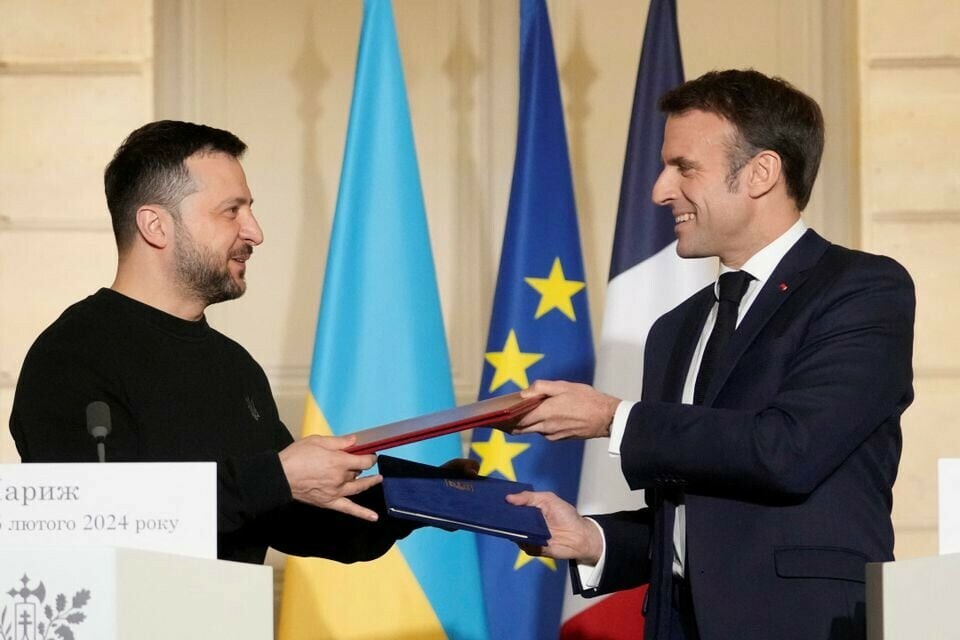
BERLIN: Ukraine’s President Volodymyr Zelensky signed a security deal with Germany on Friday in Berlin, hailed by Chancellor Olaf Scholz as a “historic step” anchoring sustained support for Kyiv in its raging battles against Russia.
Hours later, Zelensky and his French counterpart, Emmanuel Macron also signed a similar security pact calling for French military and civilian aid for Kyiv in its war against Russia, officials said. The deal covers aid pledge for up to three billion euros ($3.2bn) for 2024, after 1.7bn in 2022 and 2.1bn last year.
With the Ukraine war about to enter a third year, the president was set to make a new plea for sustained help with financing and armaments at the Munich Security Conference, where leaders like US Vice President Kamala Harris are to gather.
Zelensky’s European tour comes at a critical time with Ukraine facing mounting pressure on the eastern frontlines because of ammunition shortages and fresh Russian attacks.
Fierce fighting raged around beleaguered Avdiivka, on the eastern frontline, which has become a main Russian target, ahead of the Feb 24 invasion anniversary.
The long-term future of billions of dollars of Western aid is meanwhile in doubt, with the biggest contributor, the US, in the throes of an election year. A possible $60-billion package of military aid has been held up in Washington since last year because of wrangling in Congress. The EU has also admitted that it will only be able to make good on half of the one million artillery shells it promised to send by March.
However, Scholz underlined that the security pact inked on Friday illustrates that Germany will “not let up” in supporting Ukraine, as he also announced a new package of immediate military support worth 1.1 billion euros ($1.2 billion).
“This document can hardly be underestimated. It shows that Germany will continue to help Ukraine with its defence against Russia’s attacks. I have often said: for as long as it takes,” said Scholz, who also called the deal signing “a historic step”.
Ukraine’s agreement with Germany lays out support for a post-war Kyiv to build up a modern army that can repel further attacks from Russia in the future.
